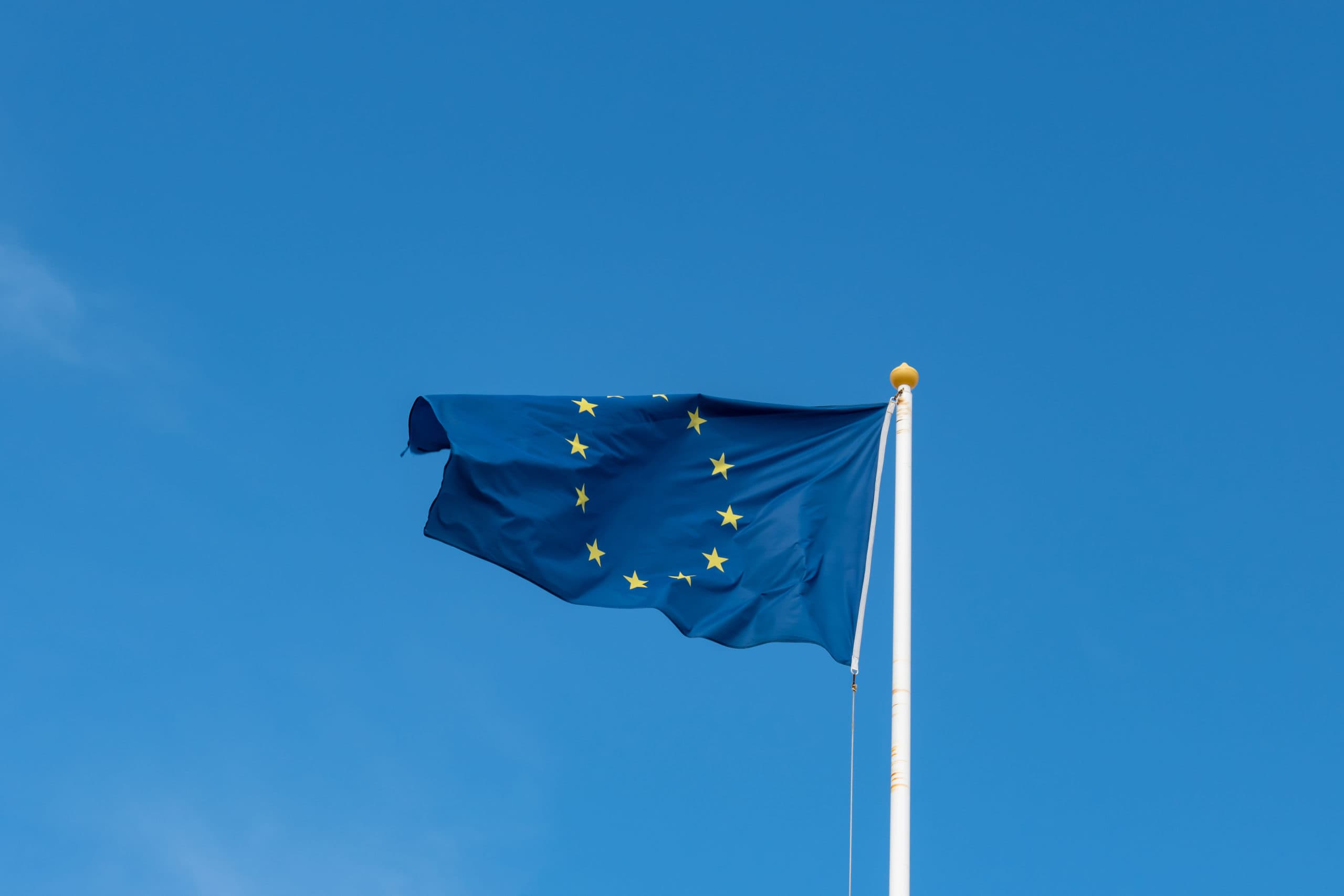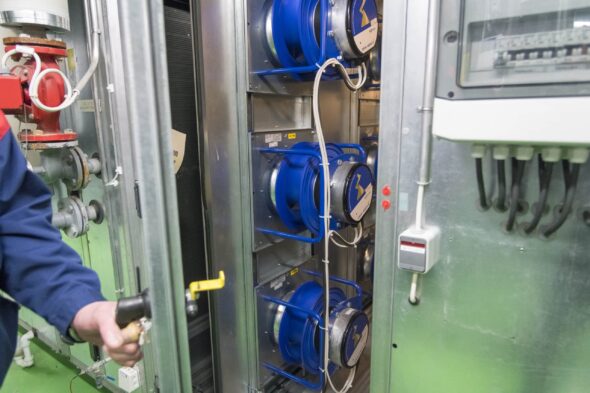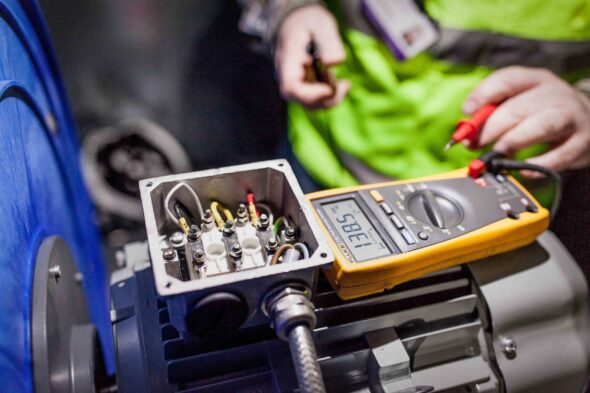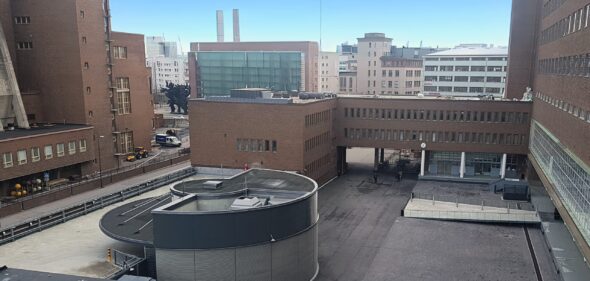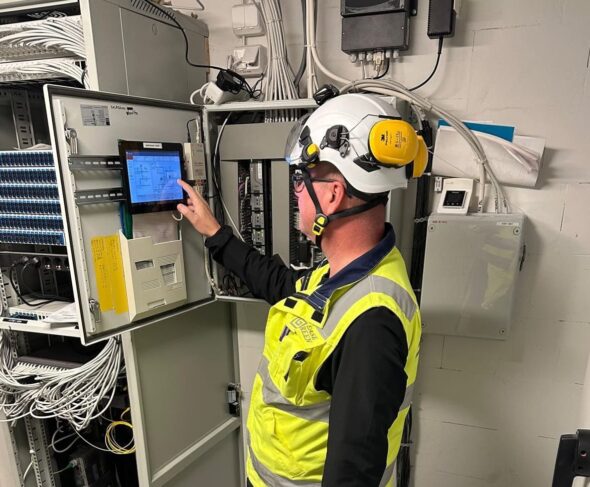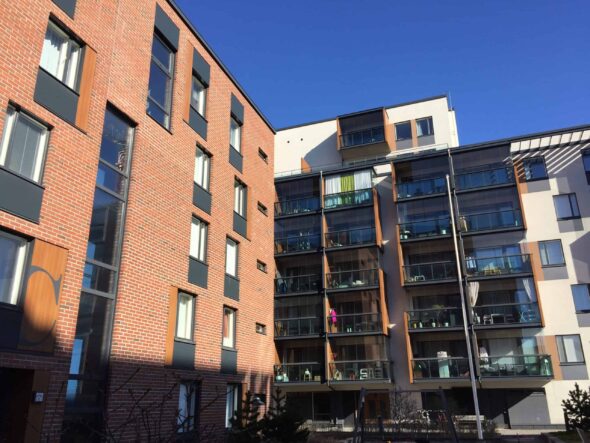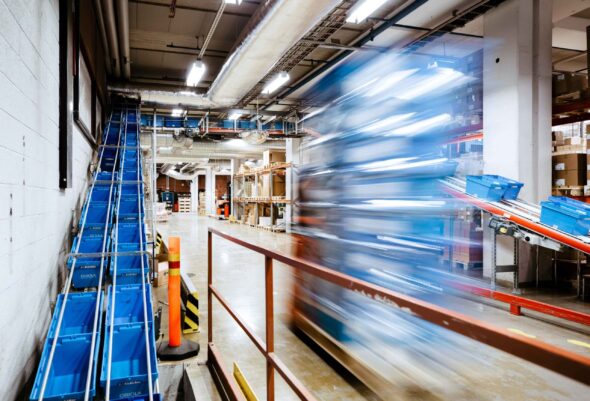Good intentions, complex reality
No one is likely to oppose objectives such as combating climate change or protecting the environment. These are common challenges that require common solutions. EU regulation extends deeper and deeper into the details of everyday life and industry. What used to be a matter for companies and Member States is now defined by regulations and directives from Brussels.
One concrete example of the regulatory challenges is the EU’s F-gas regulation. The targets are right – such as reducing climate emissions and improving energy efficiency – but the means are often too narrow and the timetables unrealistic.
The regulation is forcing companies to abandon efficient and effective refrigeration systems, even though sustainable and cost-effective alternatives are not yet available. Limiting global warming refrigerants is important, but the stringency and speed of regulation threatens practical implementation.
Companies are being forced to replace functional and energy-efficient systems before sustainable alternatives are available – and costs are rising without significant environmental benefits.
Energy directives and the illusion of efficiency
The same phenomenon is reflected in the new energy efficiency directives. They impose extensive reporting and auditing obligations, which increase the administrative burden but do not necessarily reduce energy consumption.
On paper, efficiency improvements are achieved, but in reality, more resources are spent on reporting than on the savings themselves.
This is an example of how good intentions can turn against themselves.
A model student who is left alone in class
The EU wants to be a global leader on climate change and environmental protection – and often is. But there is a big risk here. As Europe tightens its rules, other major economies such as the US and China are taking a more pragmatic and flexible approach.
This gap creates a competitiveness problem for Europe. While strict regulation makes European companies more responsible, it also makes them more expensive and slower than their competitors. As a result, skills and investment are moving to countries where the business environment is freer and it is easier for companies to thrive.
Europe’s model pupil mentality may eventually lead to it being left alone as the world moves in a different direction.
Pragmatism is at the heart of competitiveness
Regulation has an important role to play, but it should focus on the objectives. On a practical level, the most effective solutions are found when decisions are made from the perspective of economy, technical performance and the whole.
LeaseGreen’s approach sums up the essence of this pragmatism: we look at energy efficiency through real impacts. What works? What costs? What truly benefits both the environment and the owner? When solutions make sense and are feasible, they also stay in place and deliver long-term results.This is the kind of thinking that is needed more in European policymaking – less regulation on the details, more understanding of how to actually achieve the goals.
AUTHOR
Jere Kilpi, Director, Commercial Solutions
Director, Commercial Solutions
+358 40 451 3976
jere.kilpi@leasegreen.com
